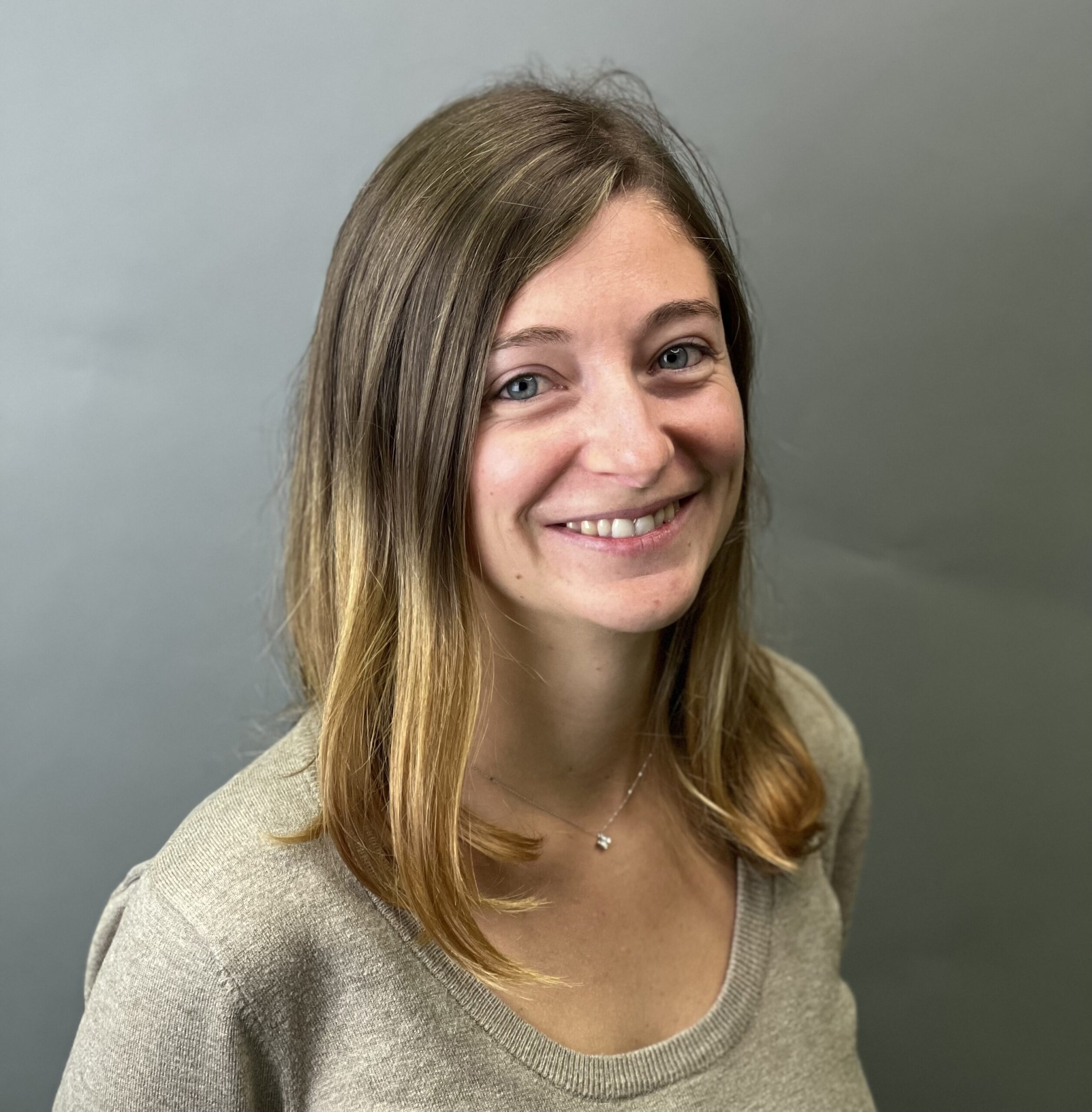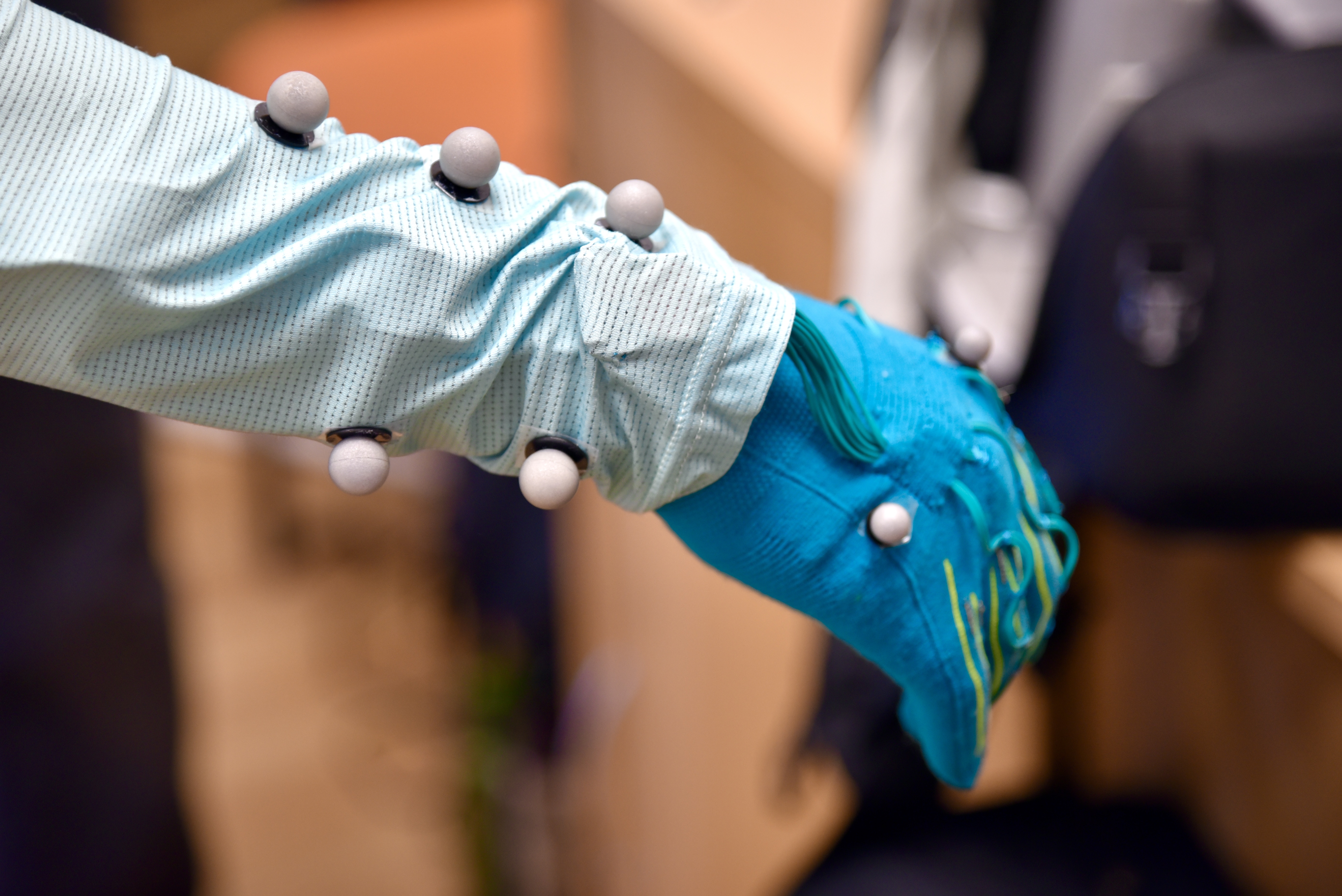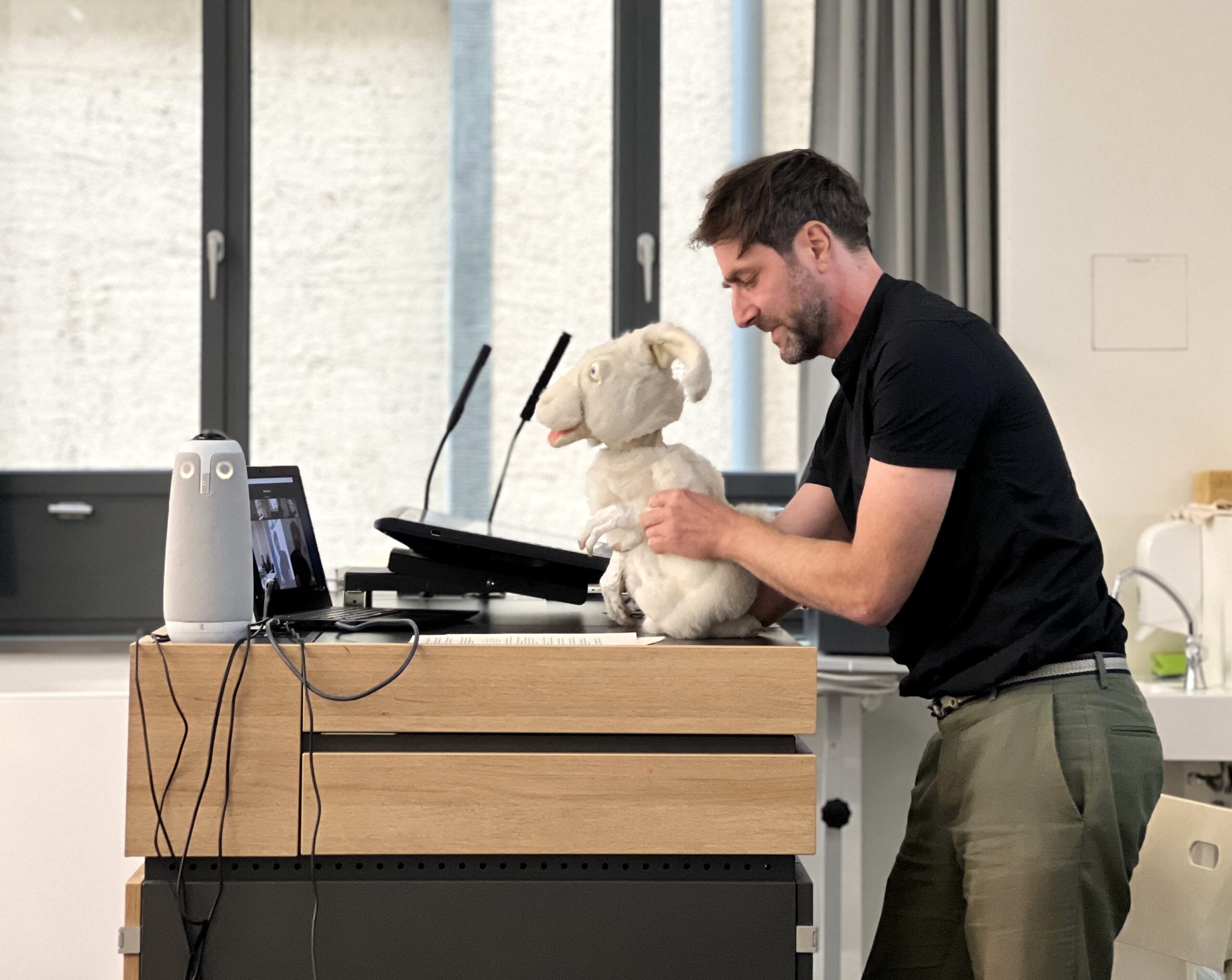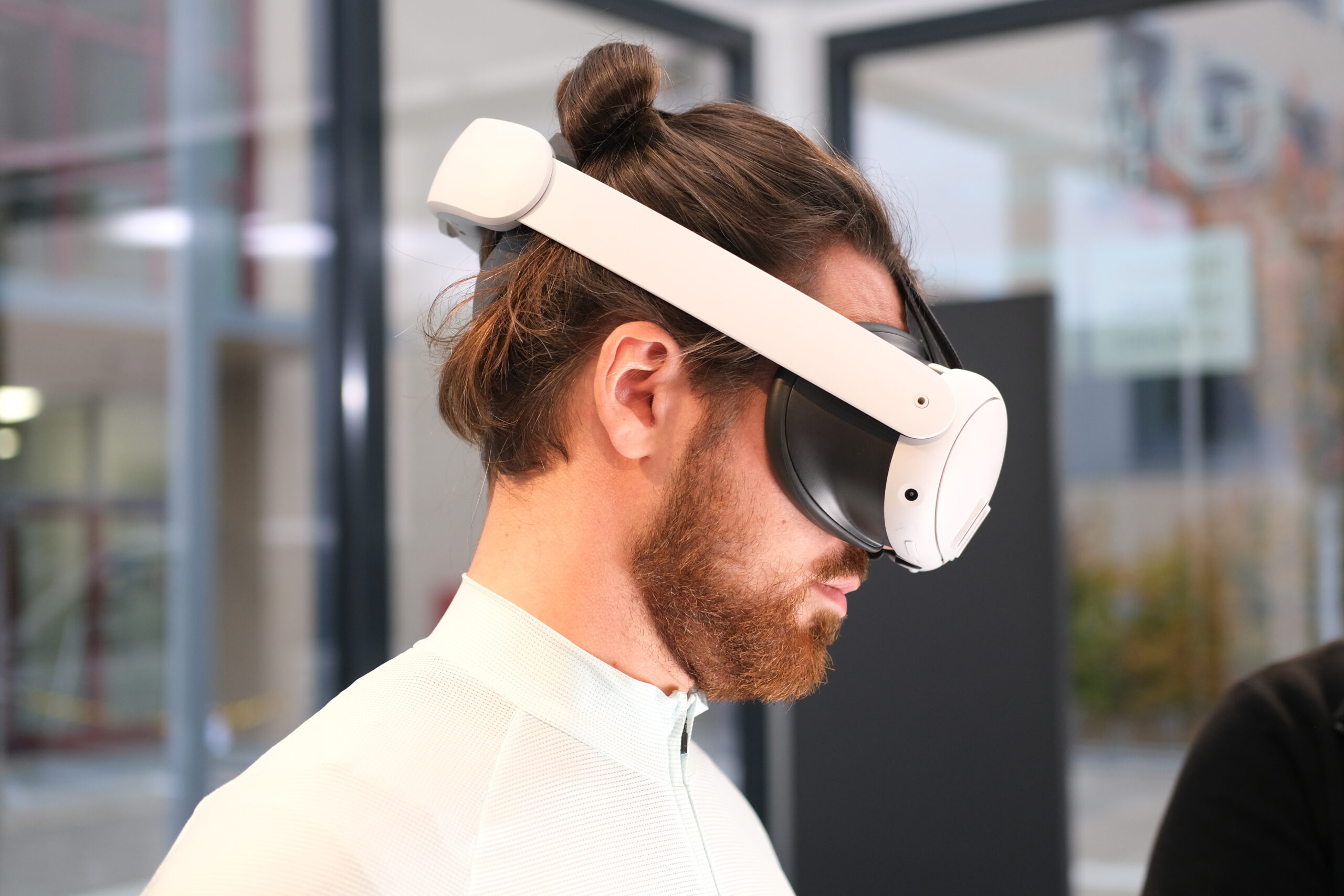Our researcher Dr. Irene Valori has joined our ‘ReachOut‘ exchange programme.
The aim of this programme is to introduce CeTI employees to other research institutes, universities and companies working in areas relevant to CeTI.
Dear Irene can you tell us about your experience?
My research at CeTI focuses on the role of affective touch as a means of social connection in tele-communication and human-computer interaction. A primary interest for my project is the study of age-related and cultural differences in the perception and use of affective touch. In order to pursue this project, collaboration with international research centres is essential to build a multicultural discussion and recruit participants from different cultural backgrounds and age groups. To this end, I spent a visiting period at the University of Padova, in Italy, to build a collaborative network with various research groups, schools, and clinical centres interested in studying the potential of technologies such as immersive virtual reality to promote the development of children and adolescents with typical and atypical trajectories.
During two weeks in Padova, I contributed to the design and pilot testing of an experiment aimed at investigating the regulatory power of affective touch for children, when immersed in arousing VR scenarios. We implemented VR scenarios where people experience social inclusion or exclusion. We will measure physiological parameters such as heart rate and variability to assess the level of arousal participants of different ages show in response to this experience. We will use affective tactile stimulations to modulate these activations, with the hypothesis that they can facilitate emotional regulation and compensate for the stress generated by social exclusion. We are particularly interested in the way affective touch can foster emotional regulation of children with socio-affective difficulties.
The project is a collaboration with Prof. Teresa Farroni, a developmental neuroscientist from the Department of Developmental Psychology and Socialisation, University of Padova, and Prof. Gustavo Marfia, from the Department of the Arts, University of Bologna, who is an expert in VR in a variety of application areas.
Why would you recommend this exchange programme?
I recommend all young researchers to visit other laboratories, collaborate with different research groups, participate in international events, because research is a community and international activity, which is based on the exchange of different perspectives, ideas, experiences. CeTI’s ReachOut programme is flexible in terms of destination, duration and purpose of the visit, and a unique opportunity to do research abroad.






